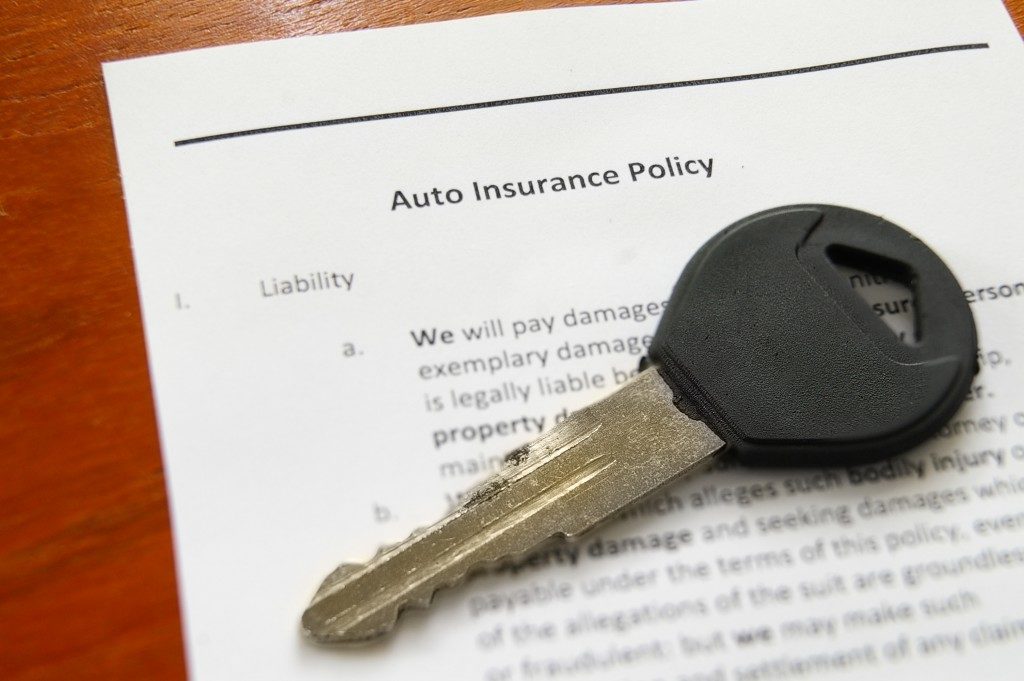Before starting any business, you have to have at least a basic foundation of knowledge of your intended product, industry, and service. However, this doesn’t mean that you have to be an expert at whatever you’re selling (although it can help you get ahead). For instance, you don’t have to be a designer to run a successful clothing business, but you do have to know what people like and what types of clothing will sell.
The same goes for food businesses. Not all food business owners are chefs or have any experience in the foodservice industry whatsoever—but this doesn’t mean they are ill-equipped to start a business in the food industry. If this sounds like your dilemma, here are some tips that can help you prepare for a food business—even if you have no relevant background.
-
Consider purchasing a franchise
Instead of building a food business from scratch, why not buy a restaurant franchise? Like any other type of business franchise, a restaurant franchise comes with a proven set of systems, policies, and guidelines that you need to follow. With this type of business model, you won’t have to figure out what to sell, how to prepare products, how much you charge for them, and all the other business aspects. In short, you are buying a ready-made business where you won’t have to do much of the heavy lifting.
Moreover, buying a franchise also means you’re buying the brand’s reputation. Compared to starting a food business from scratch, gaining traction as a franchise is much easier because there is already a preexisting pool of loyal customers.
-
Work with professionals
If you only have basic knowledge about the foodservice industry and little to no experience, it is best to hire professionals that can help you establish your brand. This includes experienced chefs/cooks, restaurant managers, foodservice consultants, and other food business professionals. These people can help you create your menu, fine-tune your SOPs, plan your restaurant strategy, and so much more. After all, the best sources of information for this kind of business are the people that already have industry experience.
Even after you launch your food business, it is still a great idea to consult with a foodservice professional from time to time, be it a chef or a food safety consultant. In doing so, you can continue learning more about the industry you have chosen and, in turn, improve your business as it grows.

-
Start small
It might be best to start with a small business instead of going all out with a full-sized restaurant, especially if you have little to no experience in the foodservice industry. For example, try your hand at running a hole-in-the-wall or a food truck to test the waters. Doing this will give you an idea of what it’s like to run a food business. And at the same time, you can see the people’s response to your menu, which can help you curate it even further before expanding.
If you want to start with an actual restaurant, choose a small venue and a small menu at first. Running a restaurant consists of many different variables (food preparation, service, inventory, food safety, etc.), and going with a large venue or an extensive menu may quickly overwhelm you.
-
Sign up for classes
Whether you self-study or sign up for formal classes, learning more about foodservice management before starting a food service can make a big difference. Keep in mind that a lot goes into running a food business, be it a restaurant, a food truck, or a café. If you find yourself lacking in the knowledge department, it’s always a smart move to expand your foundation before you dip your toe in the industry.
There are a lot of resources that you can use online, and most of them are free. You can watch basic foodservice management tutorials on YouTube, read tips and tutorials from blogs, and even snoop around the competition’s websites. Whatever the case may be, preparing yourself with knowledge is one of the most important steps before starting a food business—or any business, for that matter.
You don’t need to be a chef or a restaurant manager to start your own food business. However, the lack of experience and knowledge can be a speed bump to your growth as an entrepreneur. To avoid this, apply these strategies to your game plan before starting a business in the food industry. More importantly, set yourself up for a lifetime of learning even after you successfully launch your new venture.



